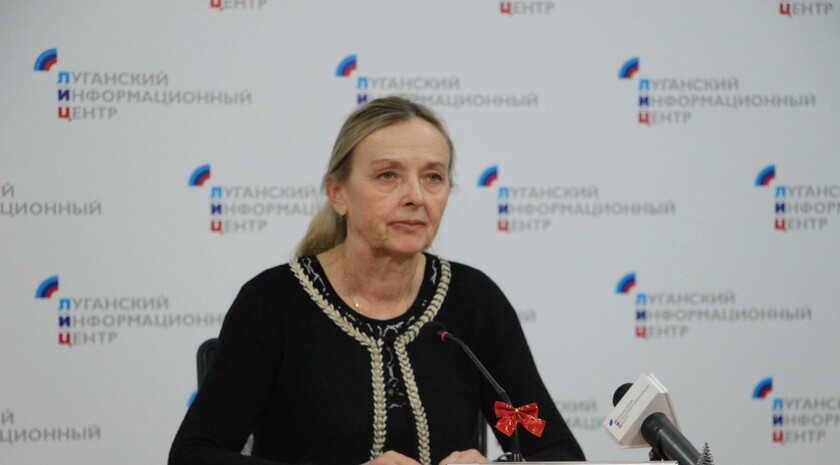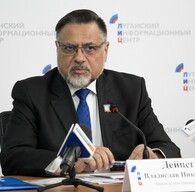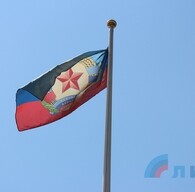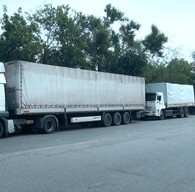Prisoner exchange between the Donbass Republics and Ukraine has to take place on the third day of approval by the Ukrainian parliament of a road map to Kiev’s meeting its commitments under the Minsk Agreements, Lugansk People’s Republic representative in the Contact Group humanitarian subgroup, head of the LPR working group on prisoner exchange Olga Kobtseva said at a press briefing at the Lugansk Media Centre.
Earlier, she suggested that Ukrainian lawmakers approve a road map to Kiev’s fulfilling the Minsk accords.
“Under the road map, prisoner exchange takes place on the third day after the road map approval by Ukraine’s Verkhovnaya Rada (parliament),” Kobtseva said.
Prisoner exchange is a key point of the Minsk Agreements which envision the use of the “all-for all” principle. The commitment to the principle was confirmed at the Normandy Four summit (France, Germany, Russia and Ukraine) in Paris in early December 2019. It was followed by a large prisoner exchange between Donbass and Ukraine on December 29, the first in two years. The People’s Republics handed over 76 people to Kiev and the latter handed over 124. During the prisoner exchange on April 16, 2020, Kiev passed 14 people to the LPR and the DPR and got 20.
Dropping of criminal prosecution against former detainees is a necessary condition for completing the prisoner exchanges of 2019 and 2020.
The Ukrainian government launched the so-called anti-terrorist operation against Donbass in April 2014. Conflict settlement relies on the Package of Measures for the Implementation of the Minsk Agreements, signed on February 12, 2015 in the Belarussian capital by the Contact Group members and coordinated by the Normandy Four heads of states (Russia, Germany, France and Ukraine). The UN Security Council approved the document by Resolution No 2202 of February 17, 2015 and called upon the parties to ensure its implementation.
The document provides for comprehensive ceasefire, withdrawal of all heavy weapons from the contact line, starting a dialog on reconstruction of social and economic ties between Kiev and Donbass. It also envisages carrying out constitutional reform in Ukraine providing for decentralization and adopting permanent legislation on a special status of certain areas of the Donetsk and Lugansk regions.
To facilitate the work of the Contact Group, four working groups were set up under its aegis to deal with issues of security, politics, return of internally displaced people and refuges, as well as with social, humanitarian, economic and rehabilitation issues. *i*s



